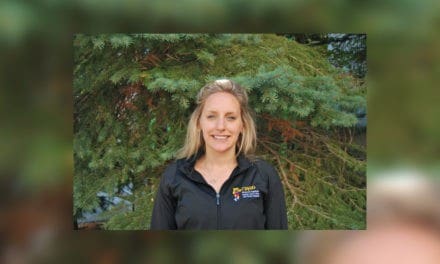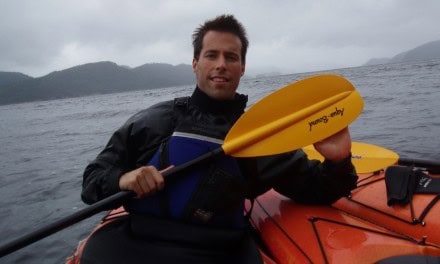Congratulations to Dr. Mark Tremblay and colleagues on their recent publication “The Sleep and Activity Database for the Early Years (SADEY) study: Design and methods” published in the Journal of Activity, Sedentary, and Sleep Behaviours! A summary and citation are provided below.
Abstract:
Background
Canada, Australia, the World Health Organization and other countries have released 24-hour movement guidelines for the early years which integrate physical activity, sedentary behaviour, and sleep, focusing on supporting children to achieve a healthy 24-hour day. The guideline evidence synthesis, however, highlighted the dearth of high-quality evidence, particularly from large-scale studies. The Sleep and Activity Database for the Early Years (SADEY) project aims to assemble a large, pooled database of 24-hour movement behaviours and health indicators in young children (birth to 5.99 years), to advance knowledge in these areas. This paper describes the SADEY design and methods.
Methods
Data sets were identified with > 100 children and device-measured (hip-worn ActiGraph accelerometers) physical activity and sedentary behaviour, parent-reported or device-measured sleep, and at least one health outcome: physical (BMI, waist circumference, blood pressure), social-emotional (Strength and Difficulties Questionnaire), cognitive (Early Years Toolbox), or motor development (Test of Gross Motor Development 2). Led by the University of Wollongong co-ordinating centre, the SADEY project collates the datasets to create a pooled database.
Findings
To date, 13 studies from 7 countries have been included in the database. Ethics clearance and data sharing agreements have been secured for all studies and the SADEY 1.0 database is being assembled including ~ 8,000 participants.
Discussion
SADEY will be used to address questions of global importance to public health policy and practice, for example – Is the mix of movement behaviours across the 24-hour day associated with healthy development?, What is the optimal mix of these behaviours?, and; What factors can be targeted to support young children in achieving the optimal mix of 24-hour movement behaviours? Additionally, SADEY seeks to develop and disseminate protocols, develop capacity on the device-based measurement of movement behaviours, and seeks partnerships with stakeholders that promote knowledge translation on movement behaviours to support healthy development among young children.
Citation: Cliff, D.P., Antczak, D., Draper, C.E. et al. The sleep and activity database for the early years (SADEY) study: design and methods. JASSB 3, 15 (2024). https://doi.org/10.1186/s44167-024-00054-8
Photo by Zaid Isaac on pexels.





